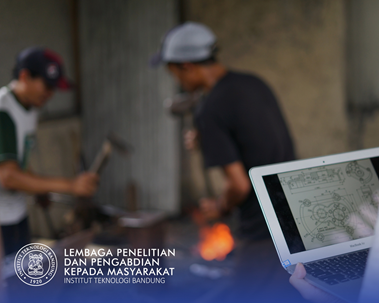

Biemo Woerjanto Soemardi
A set of rules made by the Government of Indonesia regarding transparency. There is Law Number 28 of 1999 concerning the administration of a country that is clean and free from corruption, collusion, and nepotism. Transparency and accountability are two components that are interconnected and complementary to support the realization of Good Governance. Good governance was applying the application of the principles of transparency, participation, and accountability as the starting point. This principle is now better known as the principle of Good Governance (Good Governance) has regulated the relationship between government, society, and the (private) business sector. The disclosure of various cases of bribery and corruption in BUMN and the Ministry of Public Works is an example that there are still weaknesses in the procurement of government goods/services. The electronic procurement initiative for construction service providers (Law Number 2 of 2017) has expected to be the answer to transparency and accountability. Chapter X PP Number 16 of 2018 specifically discussed the procurement of goods/services electronically managed by LKPP by developing SPSE. LPSE (Electronic Procurement Service) provides information on tender and non-tender projects. The results of the search on the LPSE show that information on tender and non-tender packages has been closed. Information that can be accessed is the announcement containing the package code, package name, value of the HPS package, package ceiling value, job location, business qualifications, current package stage, as well as participants who have registered.
Penerapan Karya Tulis
The principles of transparency were together with the principles of accountability, independence, and fair are the guidelines for the implementation of good governance. Transparency is closely related to information disclosure and data disclosure. By opening public access to information, it's hoped that Public Bodies will be motivated to be responsible and oriented towards the best possible service to the people. Then, this can accelerate the realization of an open government that has a strategic effort to prevent the practice of corruption, collusion, and nepotism (KKN) and the creation of good governance. In the public sector in Indonesia, the issue of transparency and accountability has emerged in the last two decades, which have focused on efforts to address the failure of public infrastructure development.